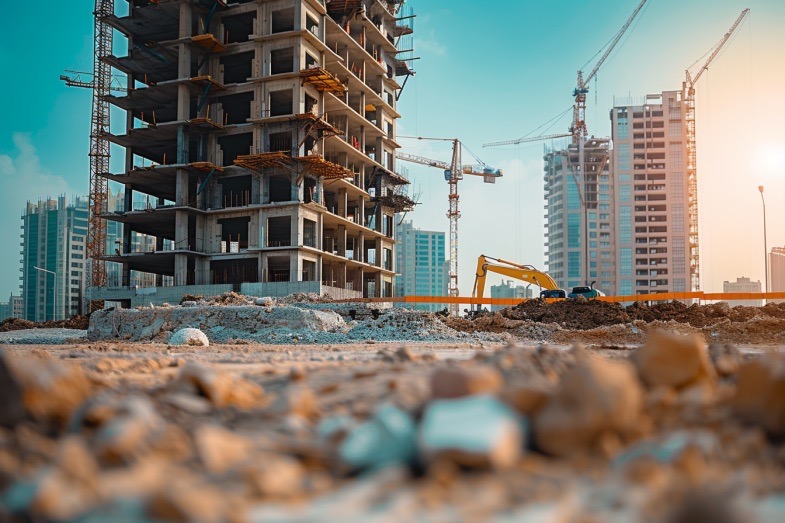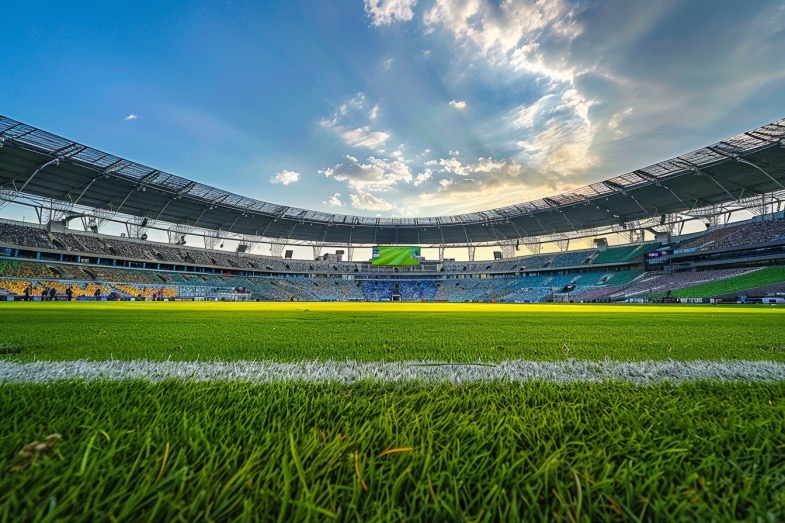Protests Erupt at Columbia University Over Israeli Military Action in Gaza
NEW YORK — ‑In the early hours of Wednesday, a group of students set up camp at Columbia University to protest against Israeli military actions in Gaza. Their demands included urging the university to sever ties with companies supporting the war.
Meanwhile, Columbia’s president, Minouche Shafik, faced tough questions on Capitol Hill regarding antisemitism on campus. She defended the actions being taken to address policy violations among students.
The following day, Shafik made a controversial decision that would spark nationwide protests at colleges across the United States.
After deeming the student protesters as trespassers creating a hostile environment, Shafik authorized the NYPD to intervene. Over 100 students were subsequently arrested, marking the first mass arrests on Columbia’s campus since the Vietnam War era.
The move shocked many, including doctoral student Rashida Mustafa, who described it as a catalyst for further action.
National Movement Ignited by Columbia University Students
The outrage quickly spread, leading to the establishment of a larger protest camp just meters away from the original site. The camp grew in size and solidarity, drawing attention from campuses nationwide.
Similar protests emerged at Yale University and other institutions, culminating in demonstrations at dozens of campuses across the country. The intensity of the protests escalated, resulting in clashes with law enforcement and arrests at various locations.
Challenges for University Leaders Amid Gaza War Protests
The student-led protests have raised complex questions for university administrators, who must balance the right to protest with ensuring a safe and inclusive campus environment. Concerns over antisemitism and safety have prompted some institutions, including Columbia, to involve police in enforcing policies.
Reports of anti-Semitic incidents and tensions on campus have added to the complexity of the situation, with Jewish students expressing fears for their safety. The protests have sparked debates over divestment, academic partnerships, and calls for a ceasefire in the conflict.
Impact and Future of Student Protests
As negotiations continue between students and institutions, the protests show no signs of abating. Supporters believe that the heavy-handed police response will only fuel the momentum of the movement.
Some see parallels between the current protests and the anti-war movements of the 1960s, drawing attention to the ongoing conflict in Gaza and the need for change. The demonstrations also come at a politically sensitive time for President Joe Biden, who faces criticism over U.S. support for Israel.
Amidst growing tensions and uncertainties, students like Ahmad Hasan remain steadfast in their belief that their voices will bring about meaningful change and highlight the need for justice and peace.



